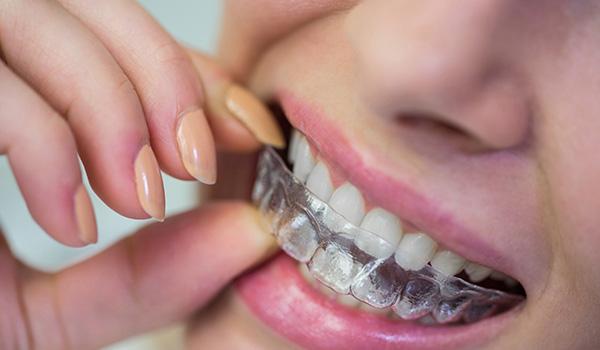
Teeth Grinding and Clenching (Bruxism)
Teeth Grinding and Clenching (Bruxism): Causes, Effects, and Treatment Methods
Bruxism, commonly known as teeth grinding or clenching, is a condition that typically occurs during sleep. It is characterized by the involuntary clenching or grinding of teeth due to the contraction of the jaw muscles. Bruxism can occur in both adults and children and can lead to serious dental and physical problems in the long term. This article will explore the causes, effects, and treatment methods of bruxism.
Causes of Bruxism Although the exact cause of bruxism is not fully understood, several factors are believed to trigger this condition. The main causes include:
-
Stress and Anxiety: Psychological factors are one of the most common causes of bruxism. Emotional conditions such as stress, anxiety, anger, or depression can lead to teeth clenching or grinding, especially during sleep.
-
Sleep Disorders: Conditions such as sleep apnea, snoring, or other sleep disturbances have been linked to bruxism. Poor sleep quality can increase muscle activity and trigger teeth clenching.
-
Dental and Jaw Structural Issues: Problems with the jaw joint (temporomandibular joint), misalignment of teeth, or irregular chewing surfaces can lead to bruxism.
-
Genetic Factors: Individuals with a family history of bruxism are more likely to develop the condition.
-
Lifestyle and Habits: Excessive caffeine consumption, smoking, alcohol, and drug use can increase the risk of bruxism.
Effects of Bruxism If left untreated, bruxism can have serious effects on both dental and general health. These effects include:
-
Tooth Wear and Damage: Teeth grinding can lead to the erosion of tooth enamel, cracks, and even fractures. This can cause teeth to become sensitive and increase the risk of cavities.
-
Jaw Pain and Muscle Spasms: Bruxism can cause excessive strain on the jaw muscles, leading to pain, stiffness, and muscle spasms. It can also lead to dysfunction of the temporomandibular joint (TMJ).
-
Headaches and Migraines: Continuous contraction of the jaw muscles can trigger headaches and migraine attacks.
-
Disrupted Sleep Quality: Bruxism can disturb both the sleep partner and the individual experiencing the condition, negatively affecting sleep quality.
-
Changes in Facial Appearance: Chronic bruxism can cause overdevelopment of the jaw muscles and lead to changes in facial appearance.
Treatment Methods for Bruxism The treatment for bruxism varies depending on the underlying causes and the severity of the symptoms. Treatment options include:
-
Occlusal Splints (Night Guard): A night guard specially prepared by dentists prevents teeth from grinding against each other and helps prevent tooth wear. This is one of the most common treatment options for bruxism.
-
Stress Management: Since stress and anxiety are significant causes of bruxism, stress management techniques (such as meditation, yoga, and therapy) can help reduce symptoms.
-
Physical Therapy: Massage and exercises targeted at the jaw muscles can reduce muscle tension and alleviate pain.
-
Medication: Muscle relaxants or antidepressants may be used in some cases to control bruxism symptoms. However, these medications should only be used under medical supervision.
-
Dental Correction Treatments: If there are misalignments or crooked teeth, orthodontic treatments can help reduce bruxism.
-
Botox Injections: In severe cases of bruxism, Botox injections into the jaw muscles can reduce muscle activity.
-
Sleep Hygiene: Establishing a regular sleep routine and limiting caffeine and alcohol consumption can help improve sleep quality.
Conclusion If left untreated, bruxism can have serious consequences for both dental and general health. With early diagnosis and appropriate treatment methods, the negative effects of bruxism can be minimized. If you are experiencing teeth grinding or clenching, it is important to consult with a dentist or specialist to take the necessary precautions. Remember, bruxism affects not only your teeth but also your overall quality of life, making early intervention crucial.